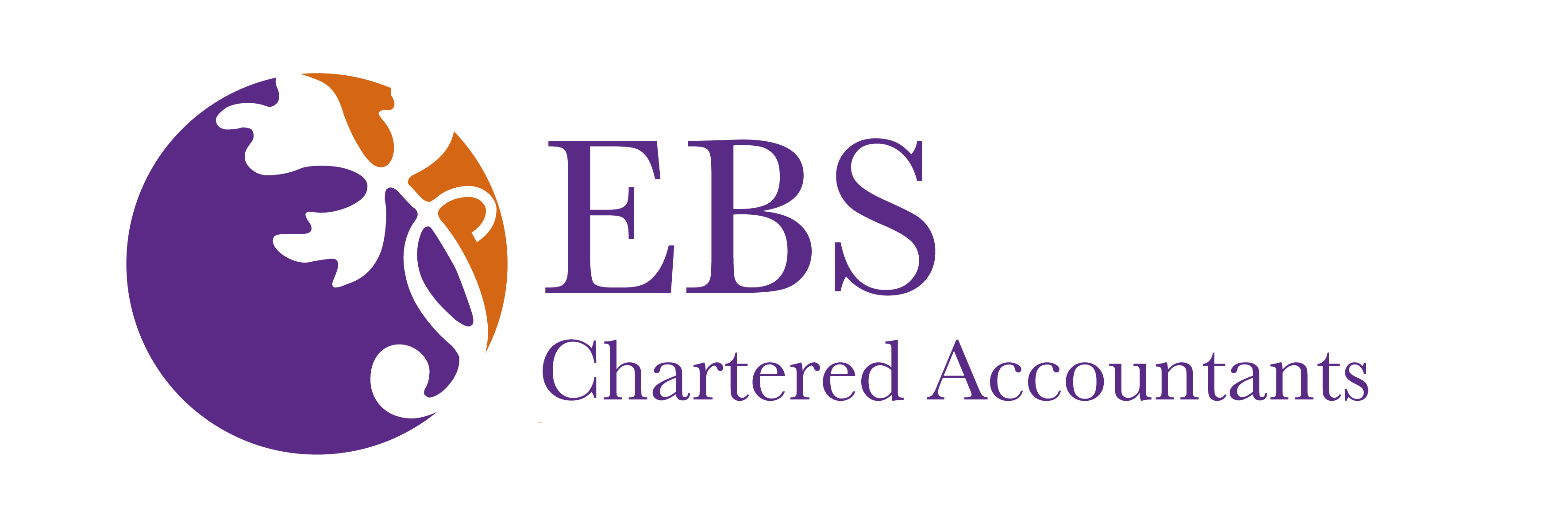Trivial benefits are small gifts or perks given to employees that are exempt from tax and benefit reporting obligations. But bosses must adhere to certain conditions, such as a cost limit of £50 per employee – or the average cost per employee if provided to a group of employees.
Additionally, the benefit cannot be cash or a cash voucher, and it cannot be provided in recognition of particular services performed as part of an employee’s normal employment duties or as a reward.
Providing these conditions are met, the benefit is exempt from tax and reporting obligations. However, if any of the conditions are not satisfied or if the cost of the benefit exceeds £50, the whole amount will be taxable rather than just the excess.
For employees who are not directors or stakeholders in the business, there are no limits on the number of gifts you can make in this way
Director/shareholders beware
However, if you are a director or stakeholder in the business there are limits on the number of gifts that can be made.
For example, if you are the director of a ‘close’ company – a limited company that’s run by five or fewer shareholders – the exemption is capped at a total of £300 in the tax year.
Examples of trivial benefits include:
taking a group of employees out for a meal to celebrate a birthday
buying each employee, a Christmas or birthday present
flowers on the birth of a new baby
a summer garden party for employees
What else is non-taxable?
Other non-taxable benefits that can be provided to employees include payments for business mileage in an employee’s own car, employer payments into a registered pension scheme, medical treatment to help an employee return to work, and meals provided in a staff canteen.
Workplace nursery places for the children of employees and childcare vouchers (if entered into the voucher scheme prior to October 2018) are also non-taxable benefits, as are removal and relocation expenses up to a maximum of £8,000 per move, or use of a pool car.
Expenses that are paid or reimbursed by employers, as long as they were incurred entirely for business purposes, are also exempt from tax.
Trivial benefits and other non-taxable benefits can be a good way for employers to incentivise employees while also being tax-efficient. However, it is important to ensure that the conditions for exemption are met and that any benefits provided are reasonable and not excessive.
If you are in any doubt, speak to us to ensure you are complying with all relevant regulations and guidelines.
Please call of you would like to discuss the implementation of this relief for your business.
